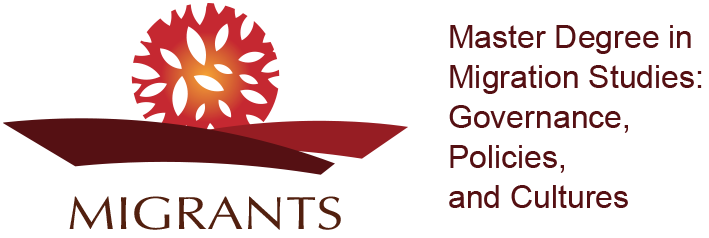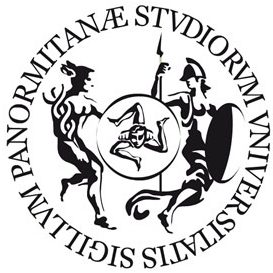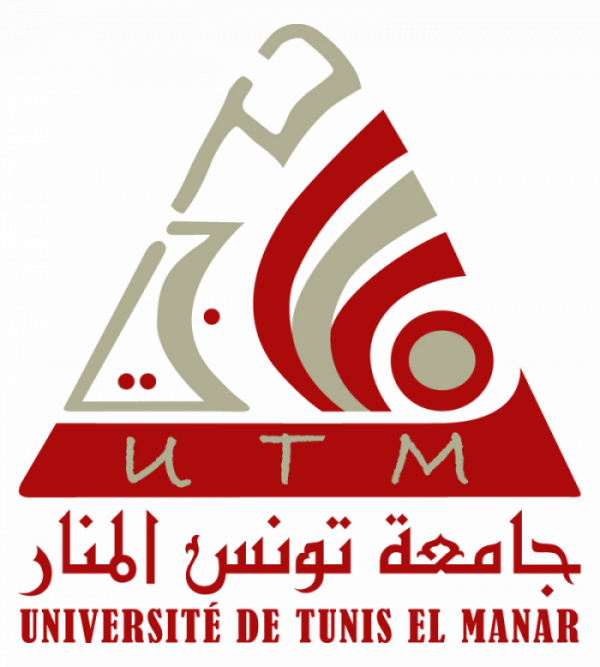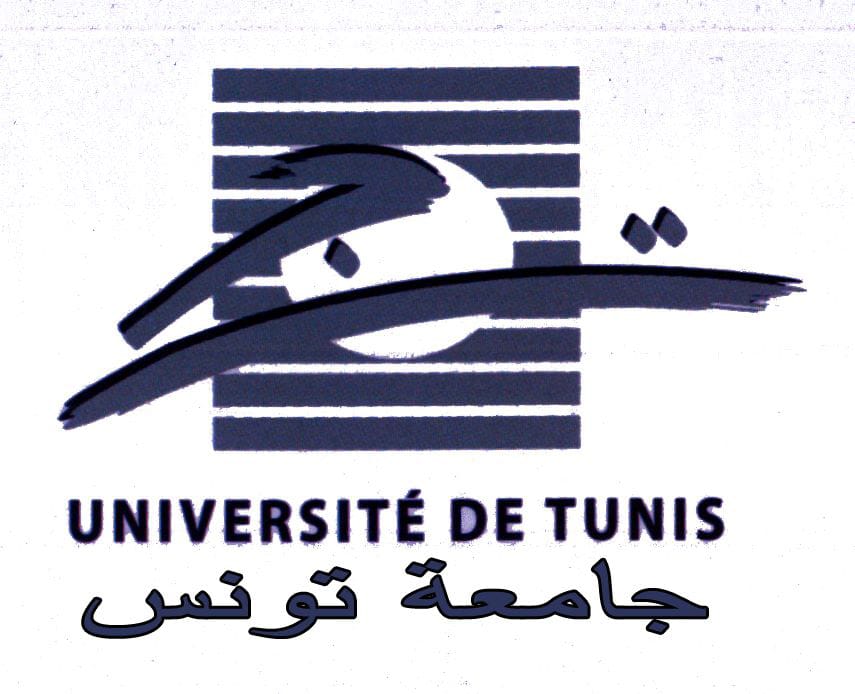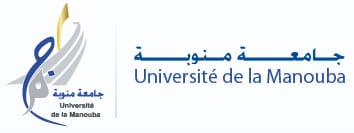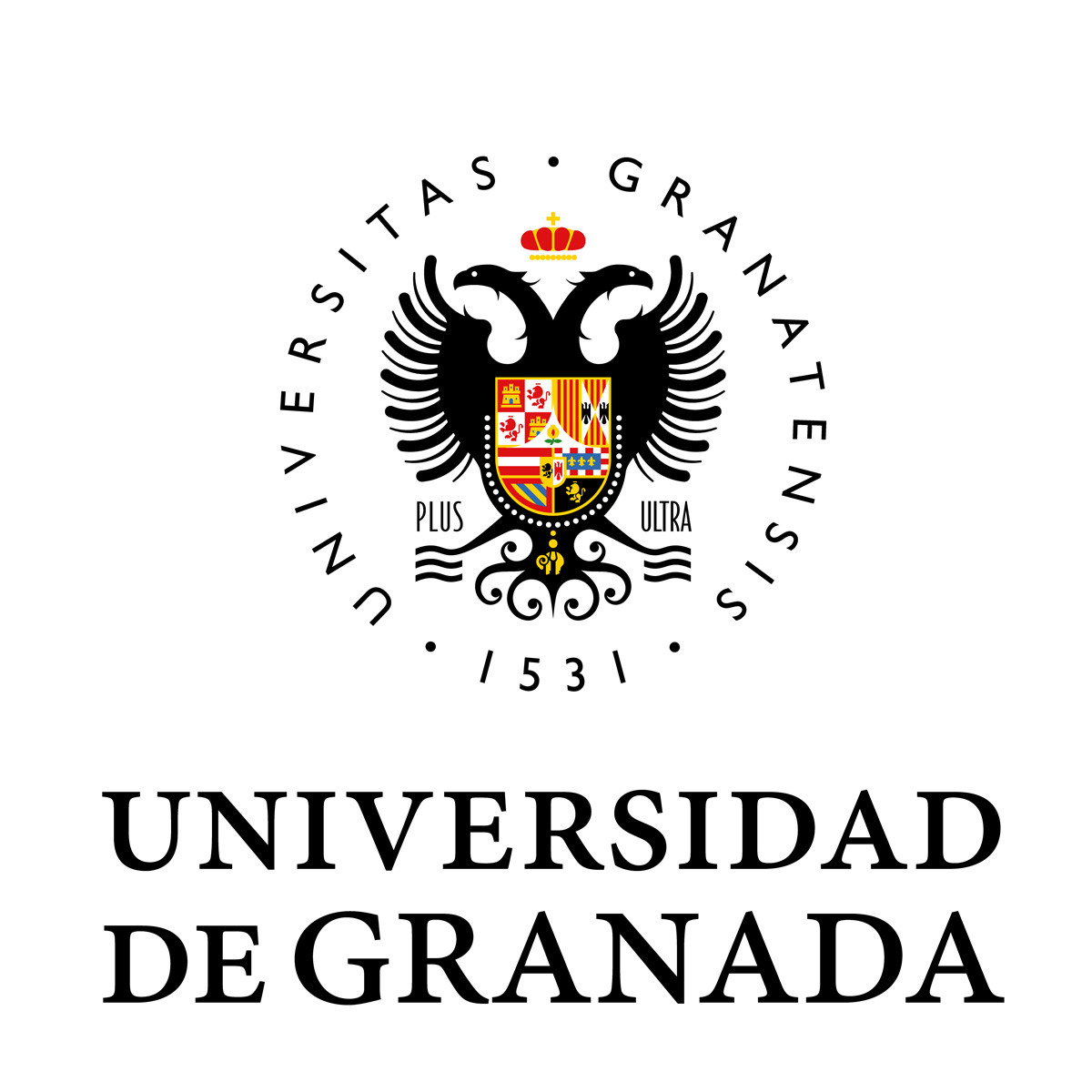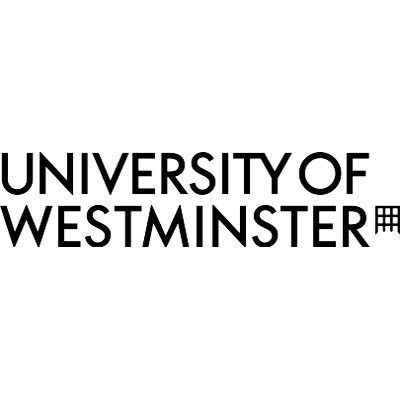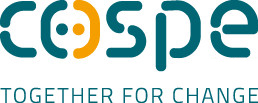Lead Contractor (www.unipa.it)
University of Palermo – UNIPA, Department of Cultures and Society
The University of Palermo has a consolidated cultural, scientific and academic activity in Mediterranean and Middle East and North Africa Region. In the last years UNIPA made a big effort in international cooperation within Mediterranean Area as a fundamental strategic tool for social, political and economic stabilization and democratization of the area. Migration is one of the biggest focus of UNIPA’s Strategic Plan that is providing the improvement of the quality of teaching, research and internationalization activities on migration phenomena. UNIPA and the Department of Cultures and Society as Applicants have the leading role from the Scientific and Administrative point of view.
The Project’s partners are both academic and non-academic.
Academic partners are: in Tunisia the University of Tunis El Manar (UTM), University of Manouba (UMA) and the University of Tunis (UT), the University of Granada (Spain), and the Westminster University (UK). The network has been selected in agreement with the Tunisian partners, following two criteria: a basis of consolidated cooperation experiences and the guarantee of a broader spectrum of disciplinary competences in the field of Migration Studies.
University of Tunis El Manar (www.utm.rnu.tn)
The University of Tunis El Manar (UTM) brings together the oldest and most prestigious institutions of higher education in Tunisia, and the oldest research centers, training and research. The geographical position of the UTM, which is located at a focal point with regard to the Mediterranean countries, both North African and European, enables it to develop wide-scale cooperation activities open to African universities Maghreb countries, Europe, notably from the southern Mediterranean, but also open to universities in Asian countries. The multidisciplinary nature of the offerings, the weight of the research structures working in the axes strategic research and innovation (20% of the country’s structures) in collaboration with the country’s industrial and economic fabric. One of the fundamental strategies of the UTM is to develop internationalization and promote mobility (students, researchers and teacher researchers) in universities and research centers, Maghreb, European and international scale.
University of Tunis (www.utunis.rnu.tn)
The University of Tunis (UT) accords a great importance to the international cooperation while addressing four main axes: education, research, governance and life at the university. For the education, UT offers the mobility of incoming and outgoing students in order to be open for international universities’ experiences. The research activities cover humanities, engineering, management, computer science and arts, and they are very influenced by the internationalization. The UT accords a great importance to the international cooperation within Erasmus+ projects and other forms of alliances with international universities for joint publications and researchers’ exchanges. UT believes in the importance of social and cultural activities that help students identify themselves and strengthen their skills in real life. Such activities are an excellent pre-processing for a powerful carrier characterized mainly by clear objectives and guidelines. Therefore, the UT is open for cooperating with international students at the cultural and scientific levels.
University of Al Manouba (www.uma.rnu.tn)
The University of Al Manouba (UMA) comprises a community of 14 higher education and scientific research institutions divided into four disciplinary divisions: human sciences and information, economics and management sciences, computer science and arts, life sciences and environment. 80% of its establishments are grouped in a large university campus covering 14 hectares of surface. The campus owes its uniqueness to the beauty of the site and also to its territorial anchorage in a future area of the governorate of Manouba, about ten kilometres from the capital Tunis, thus combining centrality and periphery. This uniqueness reinforces the singularity of several courses offered in University institutions, often unique in Tunisia, such as the Institute for Press and Information Sciences (IPSI), the Higher Institute of Documentation (ISD), the Higher School of the Digital Economy (ESEN), the National School of Veterinary Medicine (ENMVT), the Higher Institute of Special Education (ISES).
University of Granada (www.ugr.es/en)
The University of Granada UGR was established in 1531, it offers a wide range of courses at undergraduate and postgraduate level. The UGR is the leading European university in number of Erasmus students received, and in 2007, received the Erasmus Gold Star Award in recognition of its contribution to the programme. Additionally, the UGR is a full member of numerous international networks such as the Coimbra Group, UNIMED, EUA, IAU, EAIE, etc. The University of Granada runs a Doctoral Programme in Migration Studies and an Institute of Migrations. El Instituto Universitario de Migraciones (EIUM) was founded in 2009 with the primary goal of conducting world-class research in the field of migration studies, both nationally and internationally. Over 80 teachers and researchers are involved in its research groups, and they come from a broad range of academic disciplines, such as education science, law, philosophy, the humanities, psychology, politics, sociology, translation and interpretation, and social work. They are also actively involved in running a number of prestigious MA and doctoral programmes such as the PhD programme in Migration Studies at University of Granada and strive to encourage healthy debates in society concerning topics directly related to migration studies, by means of holding conferences, seminars, and public debates. The UGR is involved in a vast number of national and international projects financed through different programmes such as FP7, LLP, Erasmus Mundus, Tempus, Erasmus+, H2020, Europe for Citizens.
University of Westminster (www.westminster.ac.uk)
The School of Humanities of the University of Westminster is part of the College of Liberal Arts and Sciences and it offers a vibrant, multidisciplinary research environment, at the centre of which are several innovative, high-quality research groups and programmes. These include Asian Studies, English, Environmental Studies, French, History, Linguistics, Intercultural Communication, Politics and International Relations, Psychology, Sociology, Visual Culture, and Work and Social Policy. The School also hosts a well-established MPhil/PhD programme. It runs a BA in Global Communication and an MA in International Liaison and Communication, which address the field of study covered by MIGRANTS project. This is a dynamic, pioneering interdisciplinary Masters course, which meets the global demand for greater professionalism in interpersonal and inter-institutional bilingual communication. This can be as an advocate, as a mediator, communication strategist, intermediary or communication facilitator. Firmly grounded on the latest international communications theories and using real life simulations, students learn to locate and analyse resources, pre-empt communications challenges and develop strategies to overcome obstacles to successful interaction. The School of Humanities also hosts a research centre called Homelands, which has a distinct focus on the intersection between mobilities, languages and spaces in global context. The transcultural and comparative perspectives underpinning our collaborative research aim to stimulate more intellectual dialogues between often segregated studies of migrants in different cultural contexts.
Following the same attitude, a network of associations, NGOs and international agencies dealing with migration phenomena has been selected in order to satisfy the widest parterre of stakeholders involved in the project. Non-academic partners participating in the project have a long experience of collaboration with all the universities involved, both European and Tunisian.
Unimed (www.uni-med.net)
UNIMED is an Association of Universities from Mediterranean basin countries. UNIMED’s aim is to develop university research and education in the Euro-Mediterranean area in order to contribute to scientific, cultural, social and economic cooperation. It has a long-time experience in education activities in the Euro-Mediterranean area. UNIMED’s contribution and know-how will guarantee the promotion of the high-level international dimension of the project, and dissemination in every step of the programme.
COSPE (www.cospe.org)
COSPE, established in 1983, is a non-profit registered association recognised since 1984 as Non-Governmental Organisation (NGO) by the Italian Ministry of Foreign Affairs and by the European Union. COSPE implements nearly 70 projects in about 25 extra-EU Countries. It promotes, in Europe and in Italy, fair and sustainable development, global citizenship, intercultural dialogue and human rights, realising Development Education programs and trainings to raise public awareness, in particular among students, teachers, public officers, citizens, institutions and media.
CLEDU (www.cledu.it)
CLEDU is an association based at the University of Palermo, Department of Law, and its main activity is represented by the drop-in legal service, open once per week within the university’s facilities. Every Wednesday afternoon around 25-30 asylum seekers, refugees and migrants (including minors and families) come to the University’s facilities in order to get free legal advice and support. Under the supervision of lawyers, researchers and immigration experts, Law students have contributed with their work to the CLEDU legal advice service. CLEDU’s main goal is to promote, defend and advocate for the rights of migrants, asylum seekers, Roma people and victims of discrimination.
